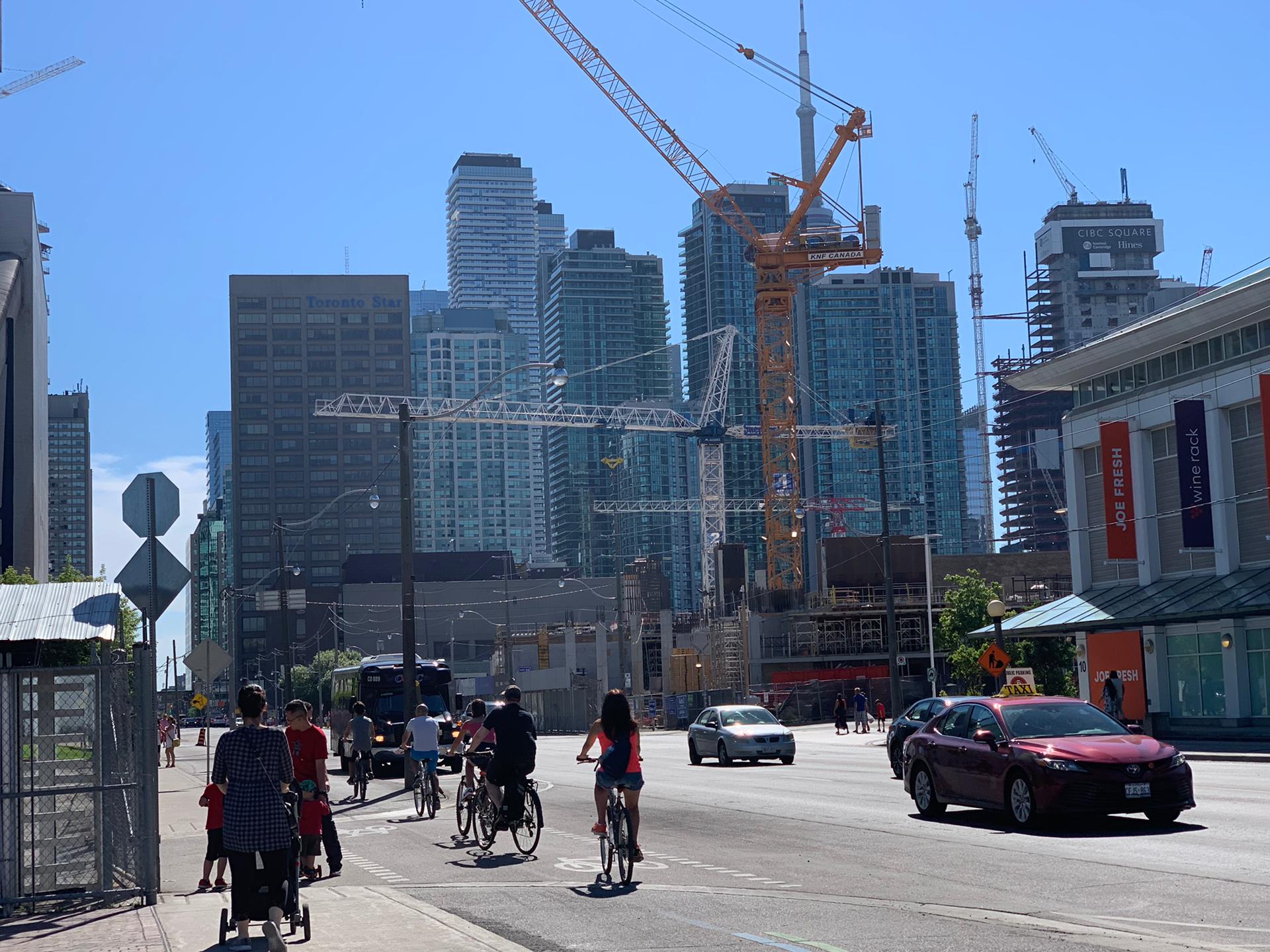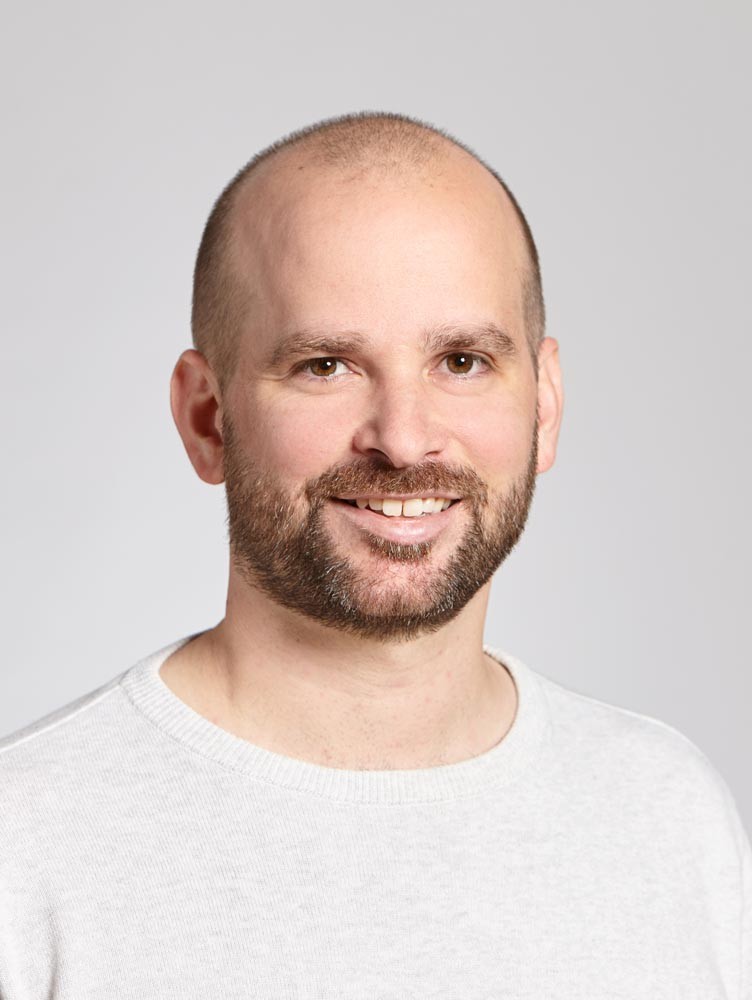Urban Policy Analysis
We live in an urban and urbanizing world. Cities everywhere are designing and implementing policies of global importance that affect millions of people and cities have been at the forefront of numerous progressive, and sometimes radical, policy developments. Despite the global reach and importance of urban policy, a specifically urban policy analysis has not yet emerged. This research projects investigates how an urban policy analysis could be conceptualized and discusses empirical consequences of such a conceptualization.
Introduction
Societal, environmental and technological transformations accentuate themselves in dense settings, pushing cities and metropolitan regions at the forefront of tackling complex policy problems. Whether responding to climate change, migration, poverty, or aiming to generate sustainable development and inclusive technological transformations, cities tend to be policy innovators of global importance. This also means that contemporary confrontations between public and private property and land, between participation and exclusion, wealth and poverty, and emerging technology and existing economic, social, and political structures take physical form in cities. Thus, cities and their policies are essential objects of study if we want to understand contemporary transformations.
As public policies in general, these urban policies have the potential to advance equality and address relevant problems for a large portion of the global population. In other instances, they (re)produce inequality by advancing the interests of the powerful and allowing rentiers to extract value from the city, its land and its residents. Assessed by their prospects for contributing to a just, democratic, and sustainable future, the set of policies that cities enact therefore may be found deeply ambivalent.

The Project
Despite the global reach and importance of urban policy and its surrounding conflicts, a specifically urban policy analysis has not yet emerged. This research project demonstrates how an urban policy analysis could be conceptualized. Rather than seeing the urban exclusively as the lowest level within a hierarchical arrangement of state jurisdictions, we develop our approach to urban policy analysis from the premise that “the urban” is a set of contemporary conditions with global significance.
Our conceptual framework relies on the premise that if we take the urban component of the urban policy analysis seriously, we should see like a city. This means to understand the urban as a distinctive political ontology and as a set of contemporary conditions with global significance. To see like a city has consequences for how we conceptualize the state and its operations. We propose to de-center the role of the state in urban policy-making and to consider the multiplicity of state actions. This, in turn, results in a diversification of actors we consider as relevant in urban policy processes – from the usual suspects (such as business actors, NGOs, foundations, neighborhood organizations etc.) to everyday, marginalized, and seemingly non-political actors (such as immigrants, squatters, criminals, or spiritual leaders). An urban policy analysis studies these actors, their relationships, their different policy perceptions, and their varying resources.
This research project is conducted in cooperation with external page Mara Sidney (Rutgers University).
Publications
The following text gives you an overview of this research project:
Kaufmann, David and Mara Sidney. 2020. external page Toward an urban policy analysis: Incorporating participation, multilevel governance, and ‘seeing like a city, PS: Political Science & Politics 53 (1): 1-5.
A co-edited volume called “Global Urban Policy: A Framework for Analysis” is forthcoming with University of Michigan Press (under contract).
Team Members
Deputy head of Inst Spatial and Landscape Development / Head of Network City and Landscape ARCH and BAUG
Raumentwicklung und Stadtpolitik
Stefano-Franscini-Platz 5
8093
Zürich
Switzerland
